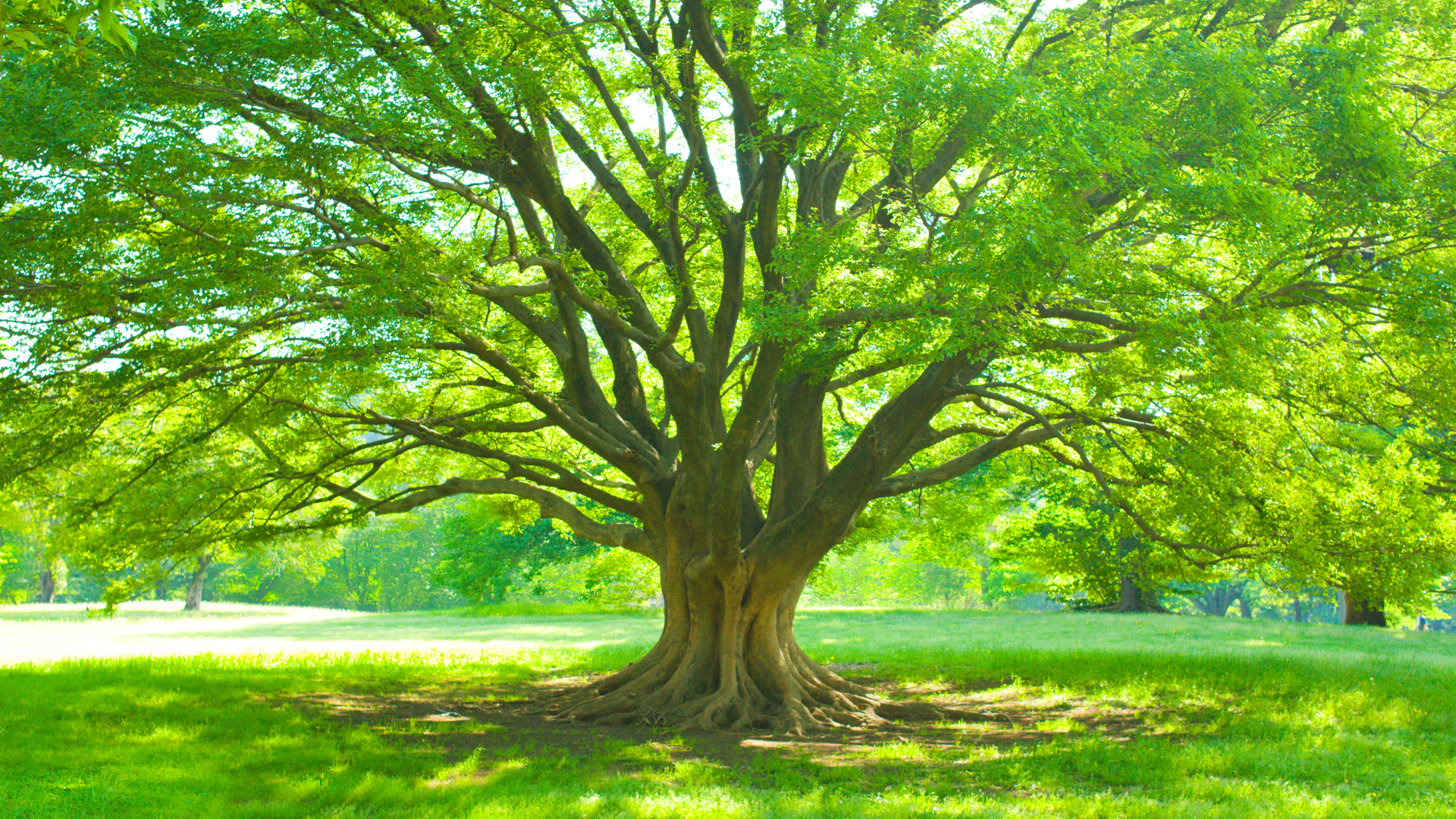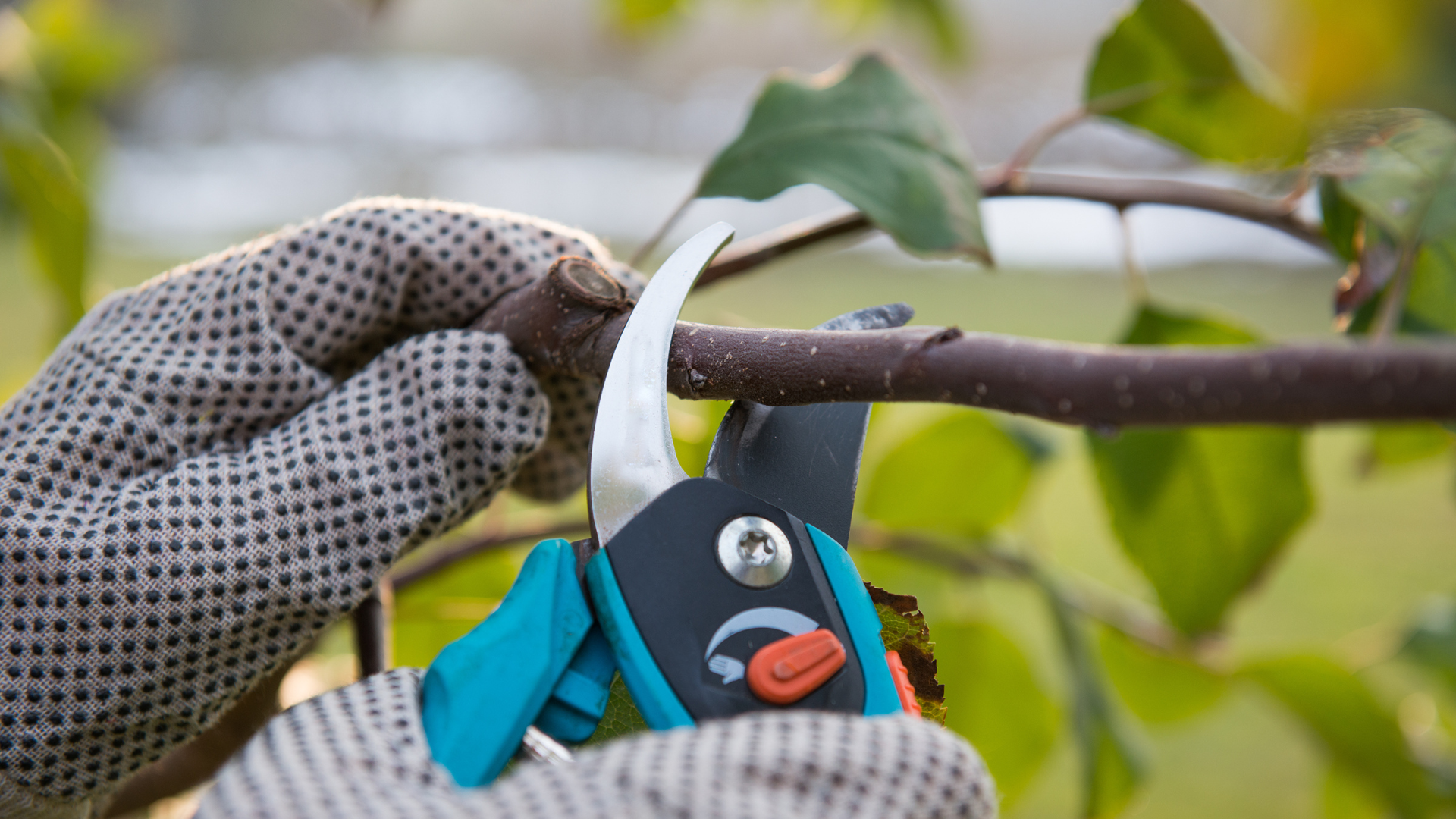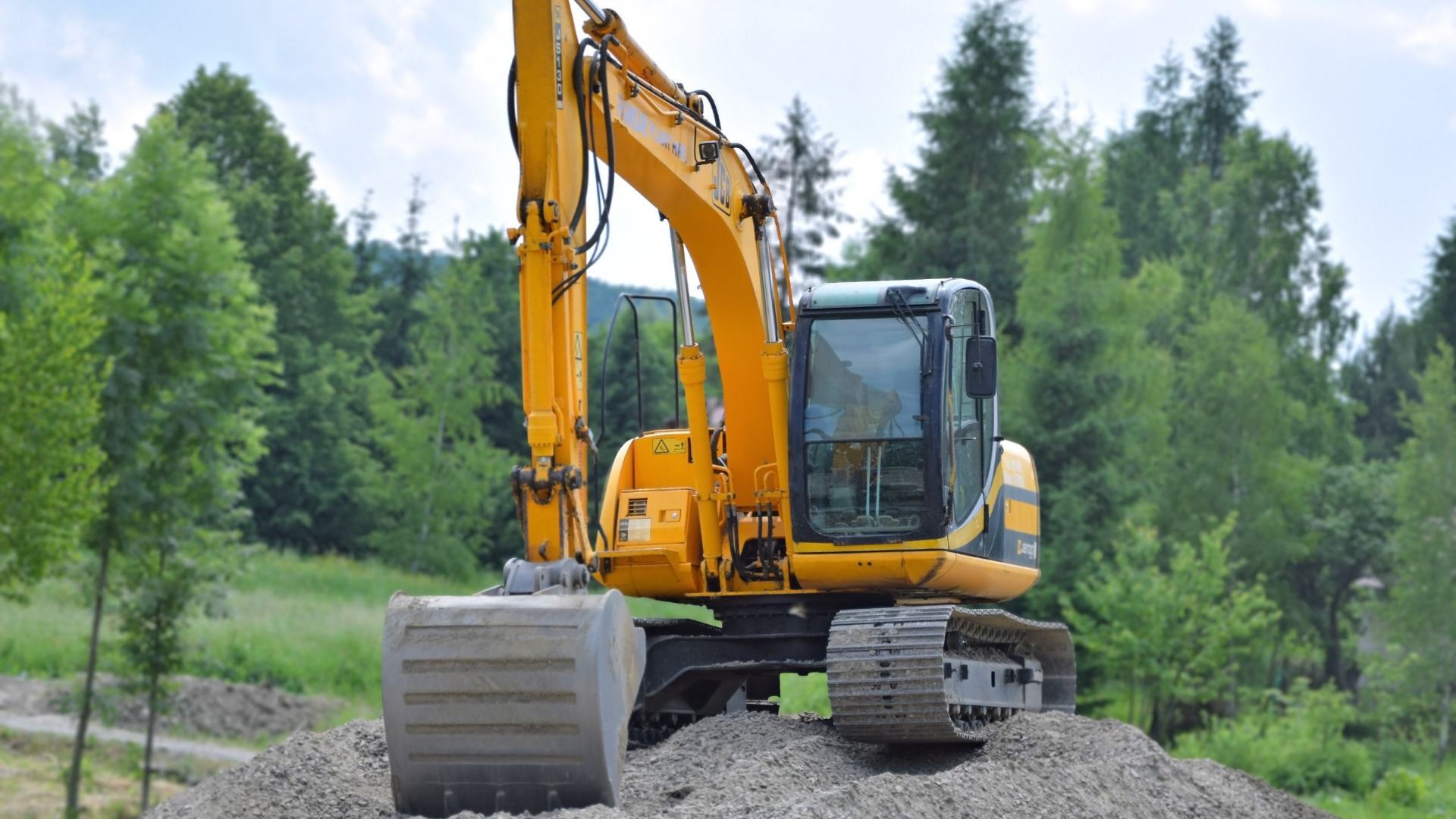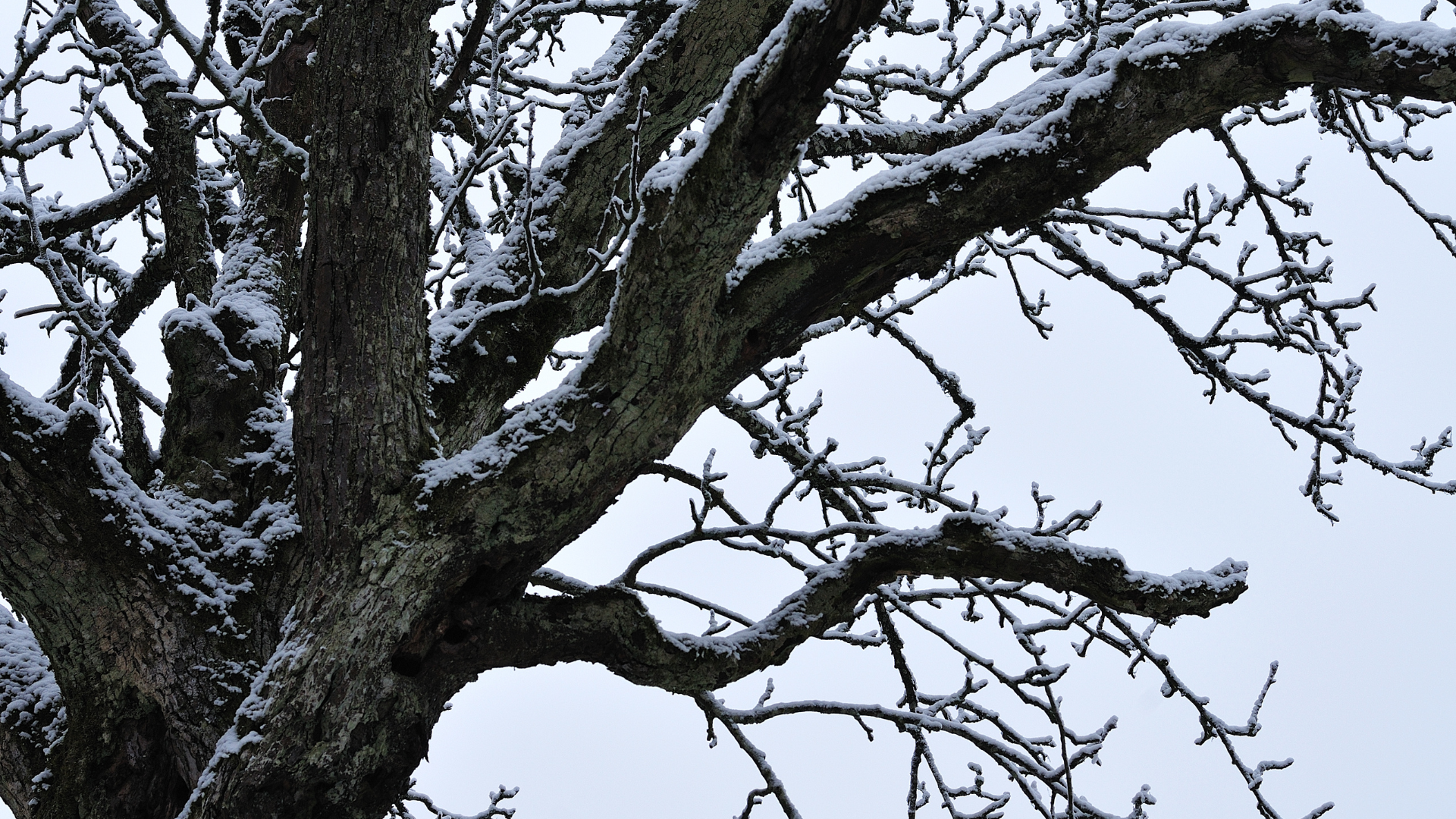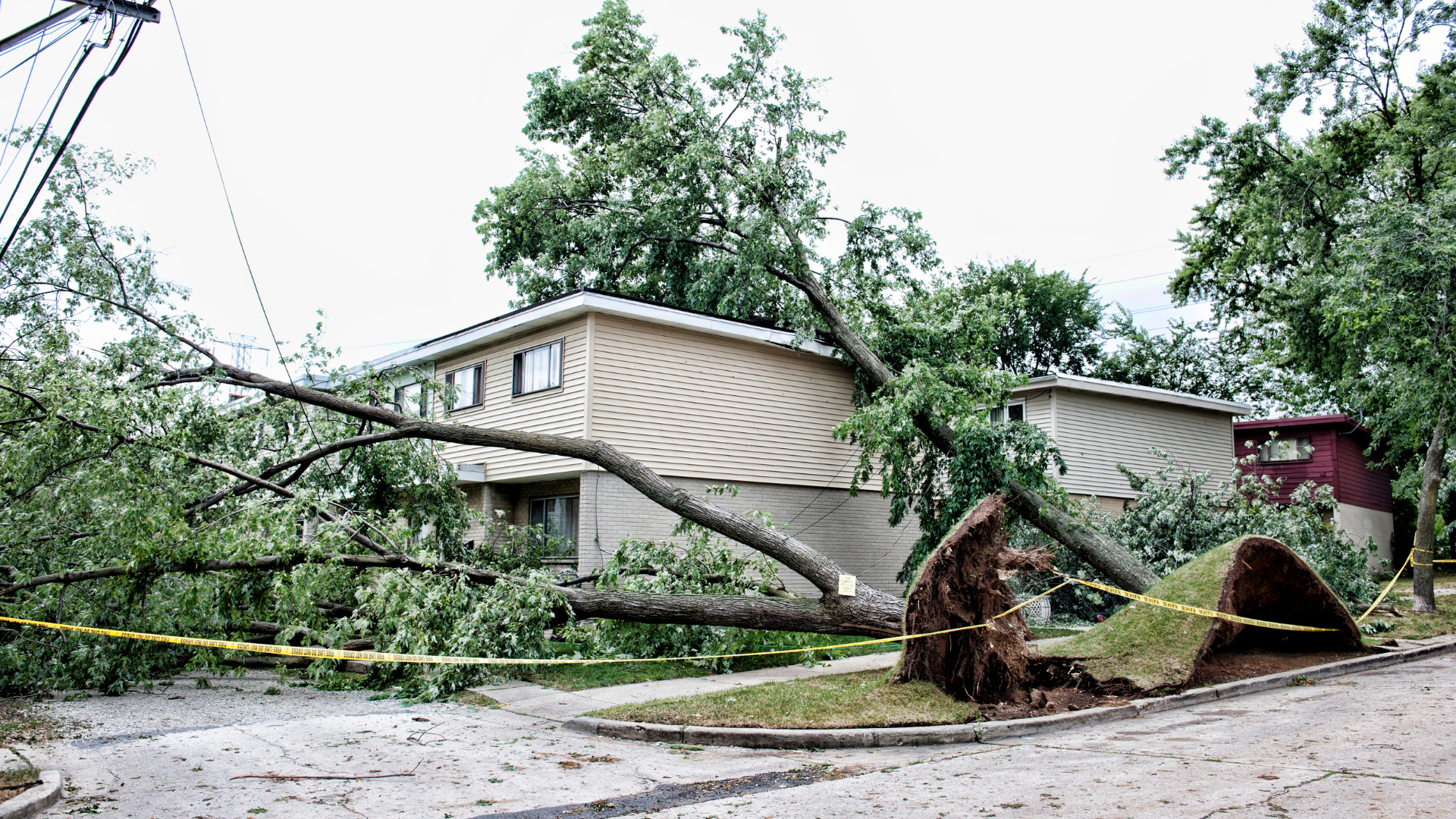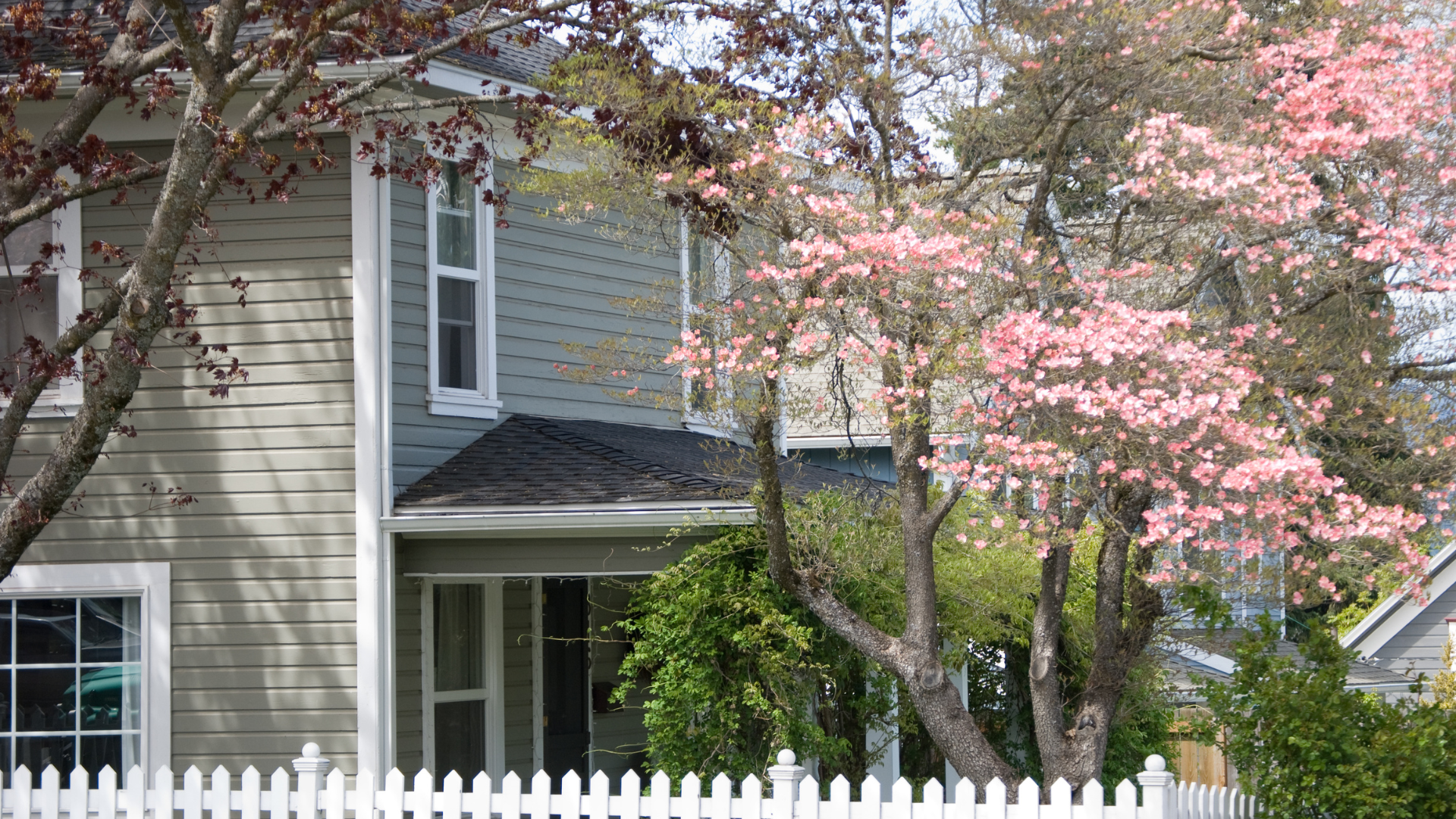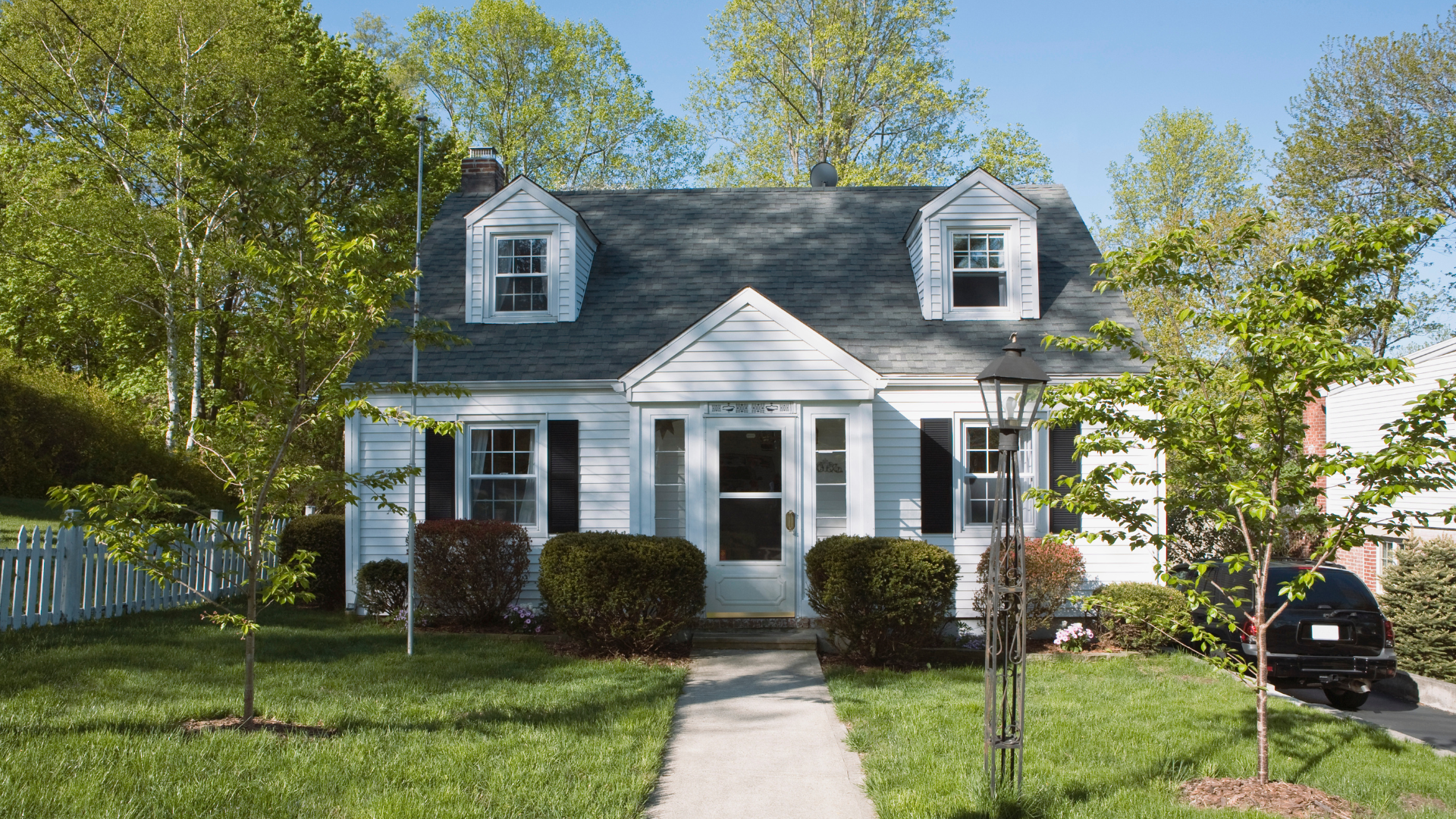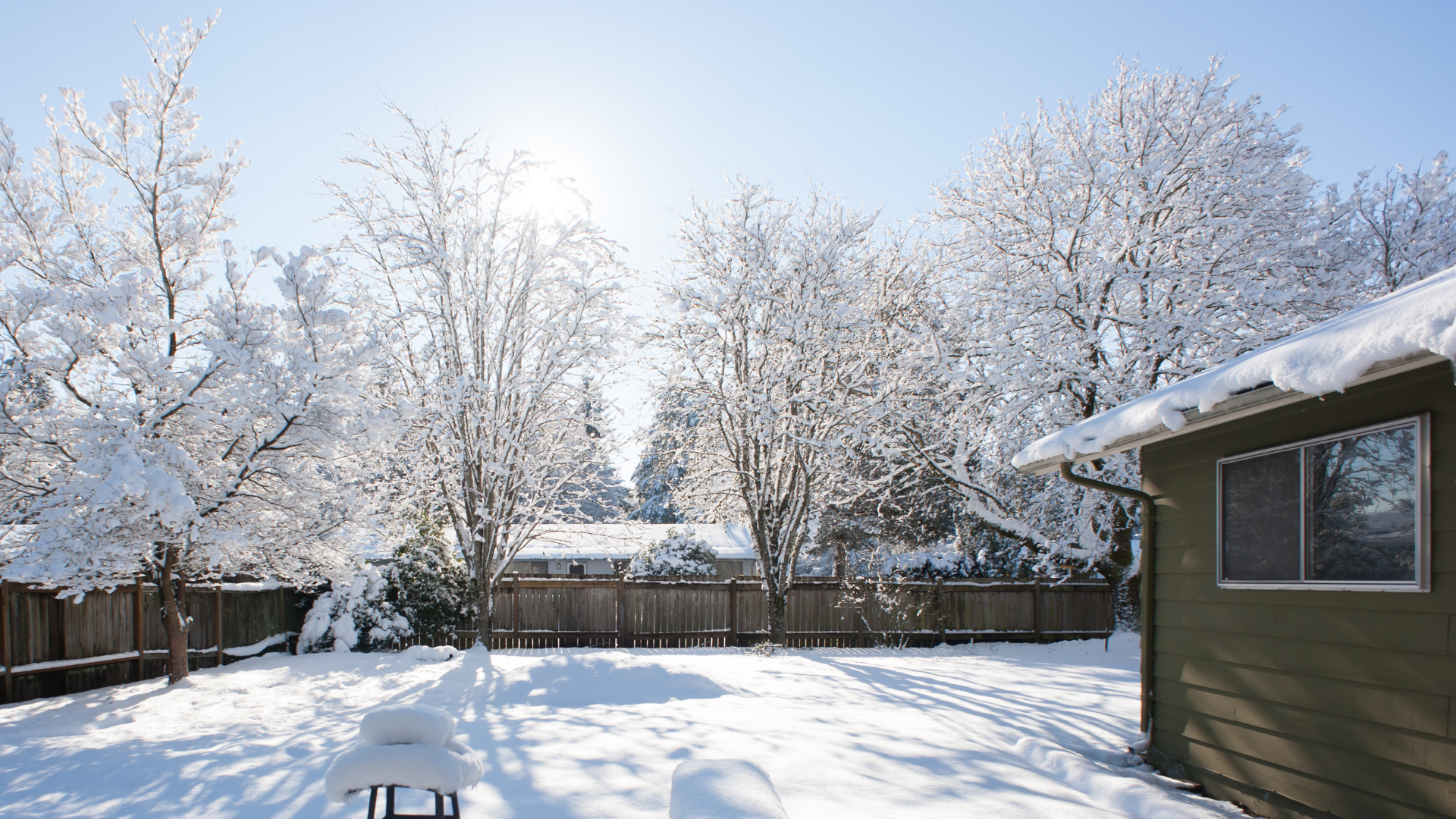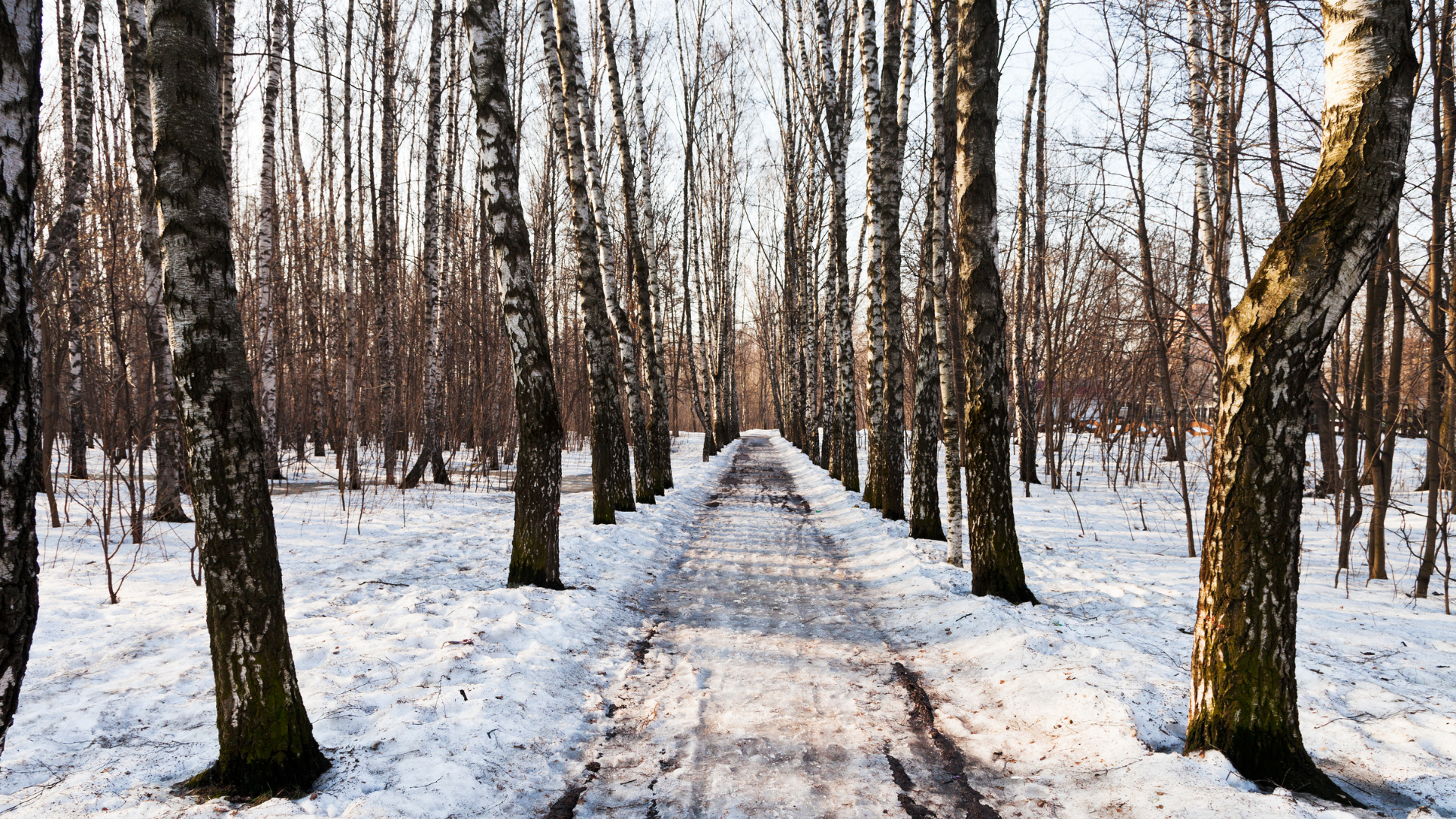The Connection Between Tree Health and Pest Prevention
Healthy trees are valuable assets to any property, offering shade, beauty, and environmental benefits. However, when trees become weakened by disease, damage, or poor maintenance, they can quickly attract pests. These infestations not only harm the tree itself but can also spread to surrounding vegetation, threatening the overall landscape. At Midwest Tree Surgeons, we emphasize the importance of regular care to keep trees healthy and resilient against pests that are common in the Midwest.
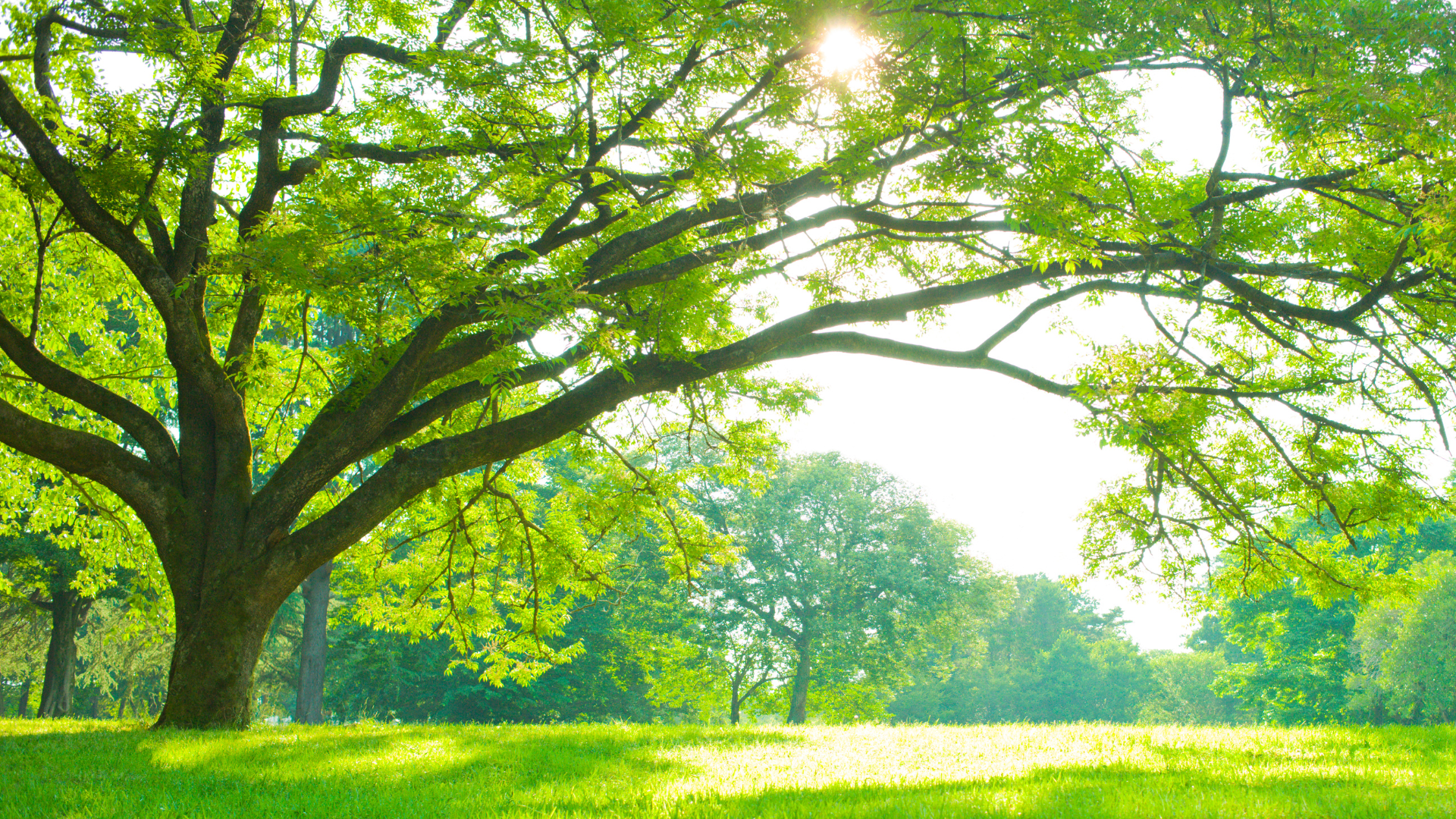
Why Tree Health Matters for Pest Resistance
Strong, vigorous trees have natural defenses against insects. They produce protective chemicals, grow thick bark, and generate new growth that can resist minor infestations. When trees are stressed due to drought, soil compaction, or disease, their defenses weaken, making them more susceptible to insects that feed on bark, leaves, or roots. Keeping trees healthy through proper pruning, watering, and soil management is the first line of defense against pests.
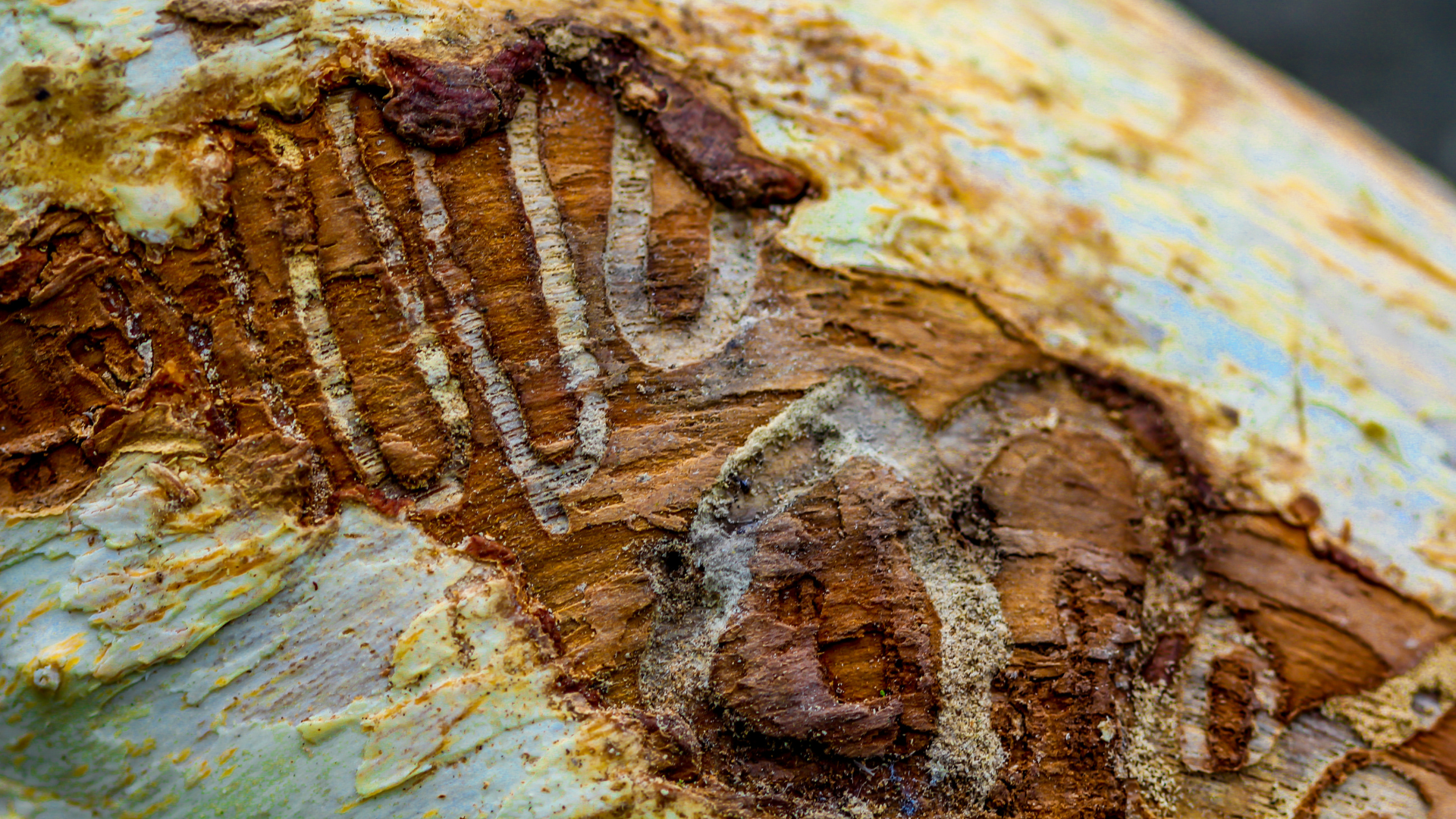
Common Pests in the Midwest
Several pests are especially prevalent in this region, and understanding their behavior helps explain why tree health is so critical:
- Emerald Ash Borer (EAB): This invasive insect has devastated ash populations across the Midwest. It targets weakened trees, burrowing into bark and disrupting nutrient flow. Healthy ash trees maintained with preventive treatments are better able to withstand early infestations.
- Gypsy Moth Caterpillars: These caterpillars feed on a wide variety of tree leaves, including oak, birch, and willow. Repeated defoliation weakens trees, leaving them vulnerable to secondary pests and diseases.
- Japanese Beetles: Known for feeding on leaves of linden, elm, and fruit trees, these beetles cause skeletonization of foliage. Healthy trees with strong root systems recover more easily from temporary leaf loss.
- Aphids: Small but destructive, aphids cluster on new growth, sucking out sap and excreting honeydew that attracts mold. While aphids are common, they tend to thrive on trees already under stress.
- Bagworms: These pests affect conifers and shade trees, building protective cases and stripping foliage. Severe infestations can kill weakened trees, while healthier trees can tolerate limited feeding.
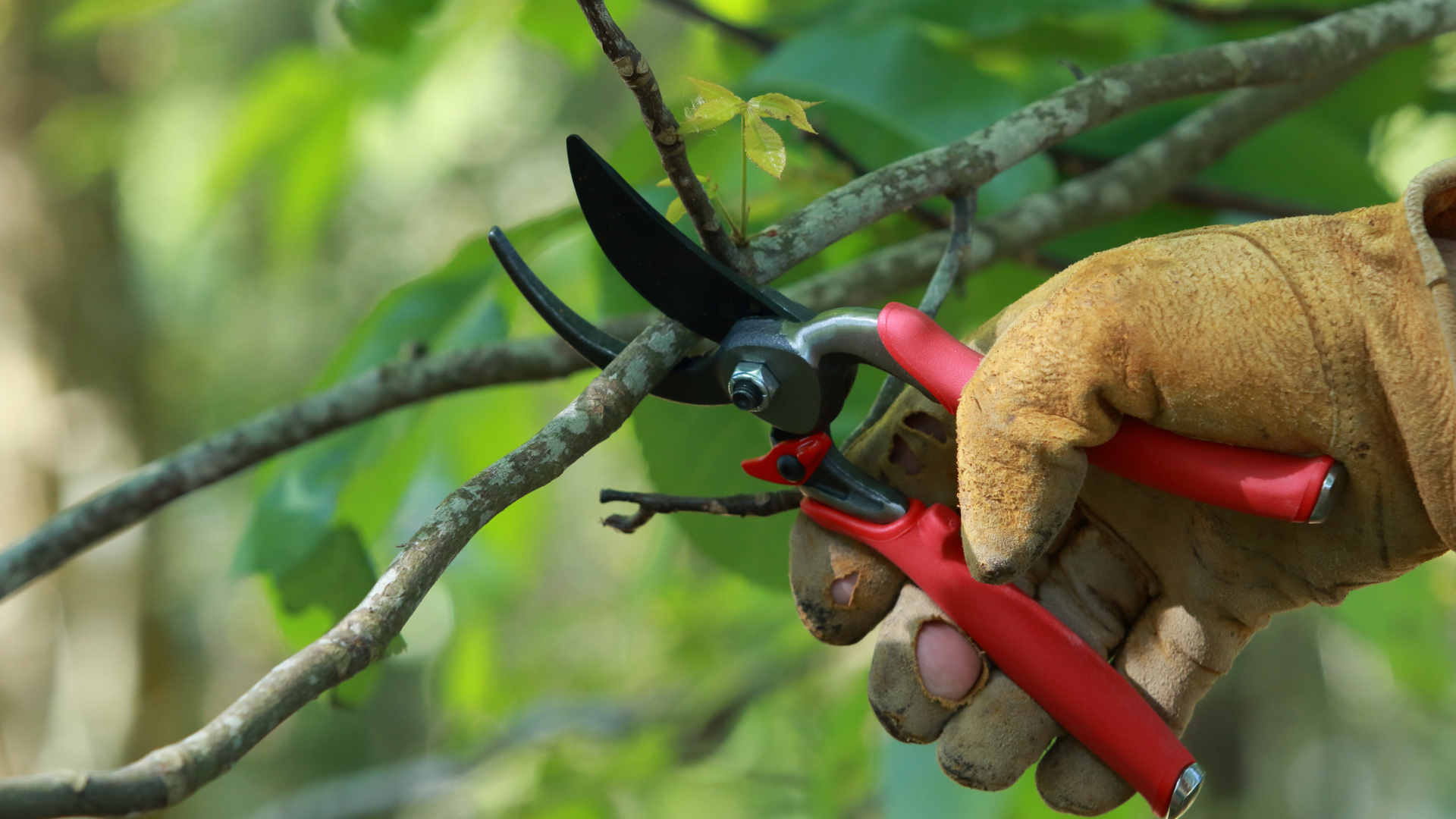
Preventing Pest Problems Through Proper Care
Pest prevention begins with consistent maintenance. Regular pruning removes dead or diseased branches where insects are likely to establish themselves. Proper mulching conserves soil moisture, while correct watering practices prevent drought stress. Fertilization, when necessary, provides trees with the nutrients required to support strong growth and natural resistance.
Inspections are equally important. Professional arborists can identify early signs of infestation, such as bore holes, leaf discoloration, or unusual sap flow. Addressing problems early prevents them from spreading and protects surrounding trees.
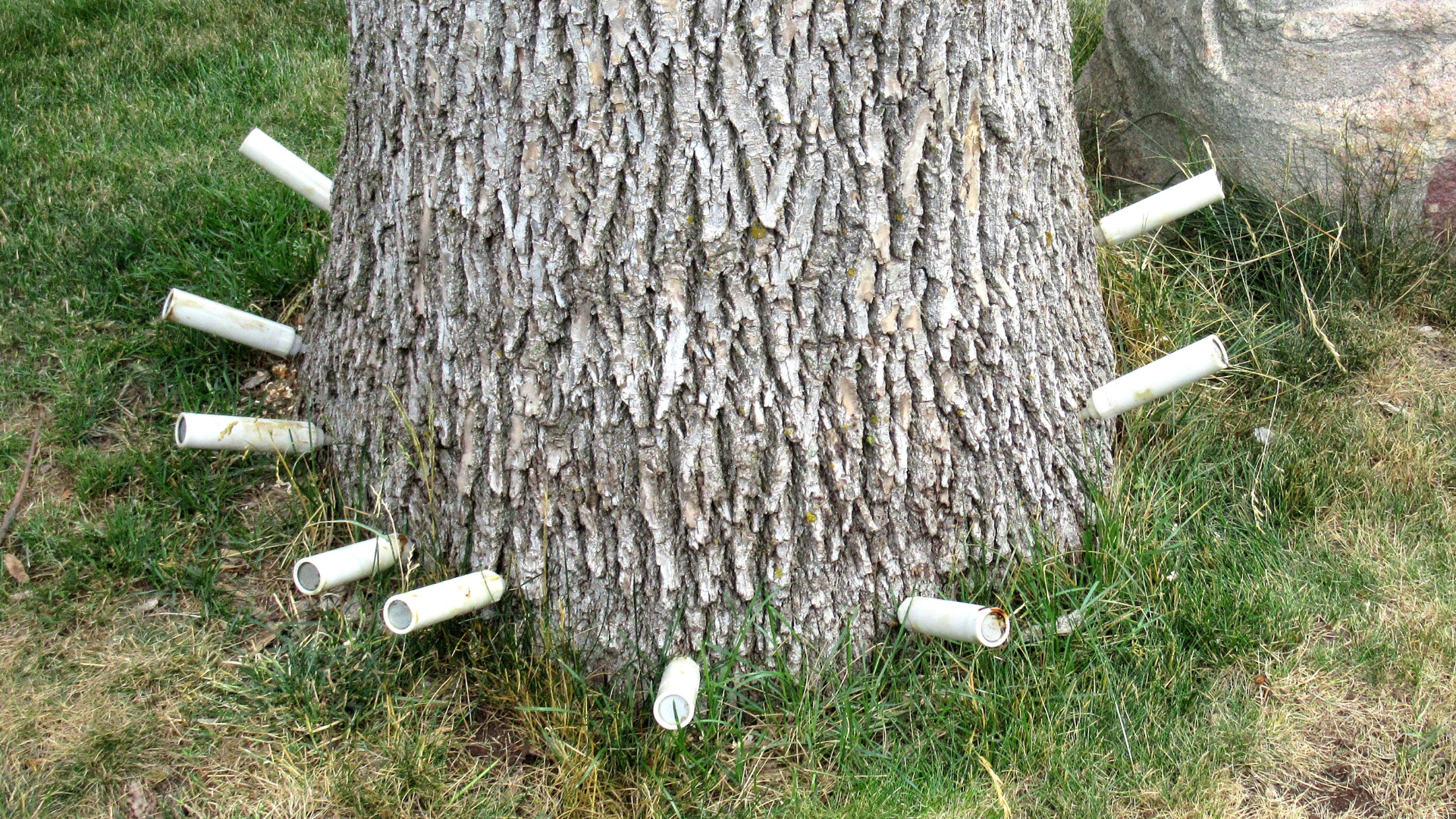
The Role of Professional Treatments
In some cases, professional treatments are necessary to prevent pests from overwhelming otherwise healthy trees. For example, systemic insecticides can protect ash trees from emerald ash borers when applied proactively. Biological controls may help reduce populations of gypsy moths or bagworms. At Midwest Tree Surgeons, we only recommend treatments when they are necessary, focusing first on natural defenses and environmental balance.

Protecting the Entire Landscape
Tree health does not exist in isolation. Pests often move from one weakened tree to others in the area. By maintaining each tree in good condition, property owners reduce the risk of infestations spreading throughout their landscape. This approach protects not only the appearance of the property but also its overall safety and long-term value.
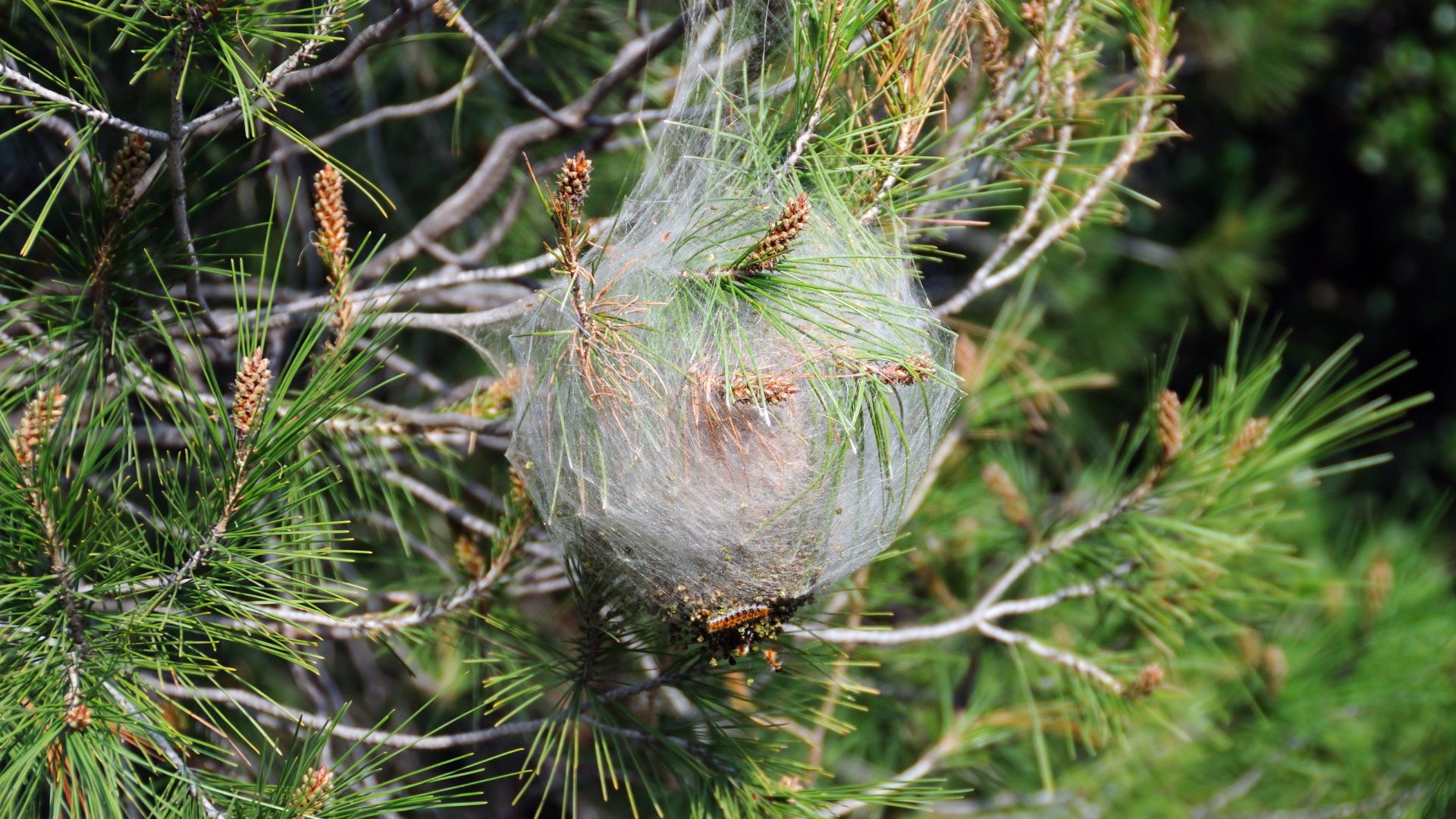
Final Thoughts
Pests are a natural part of the environment, but they become a serious threat when trees are weakened by stress or disease. By focusing on tree health, property owners create conditions where pests are less likely to thrive. Proper maintenance, regular inspections, and timely professional care are the most effective strategies for protecting trees from common Midwestern pests such as emerald ash borers, gypsy moths, and Japanese beetles.
At Midwest Tree Surgeons, we provide expert care to ensure that your trees remain strong, resilient, and pest-resistant. With the right approach, healthy trees not only withstand infestations but continue to provide beauty and benefits for many years.
